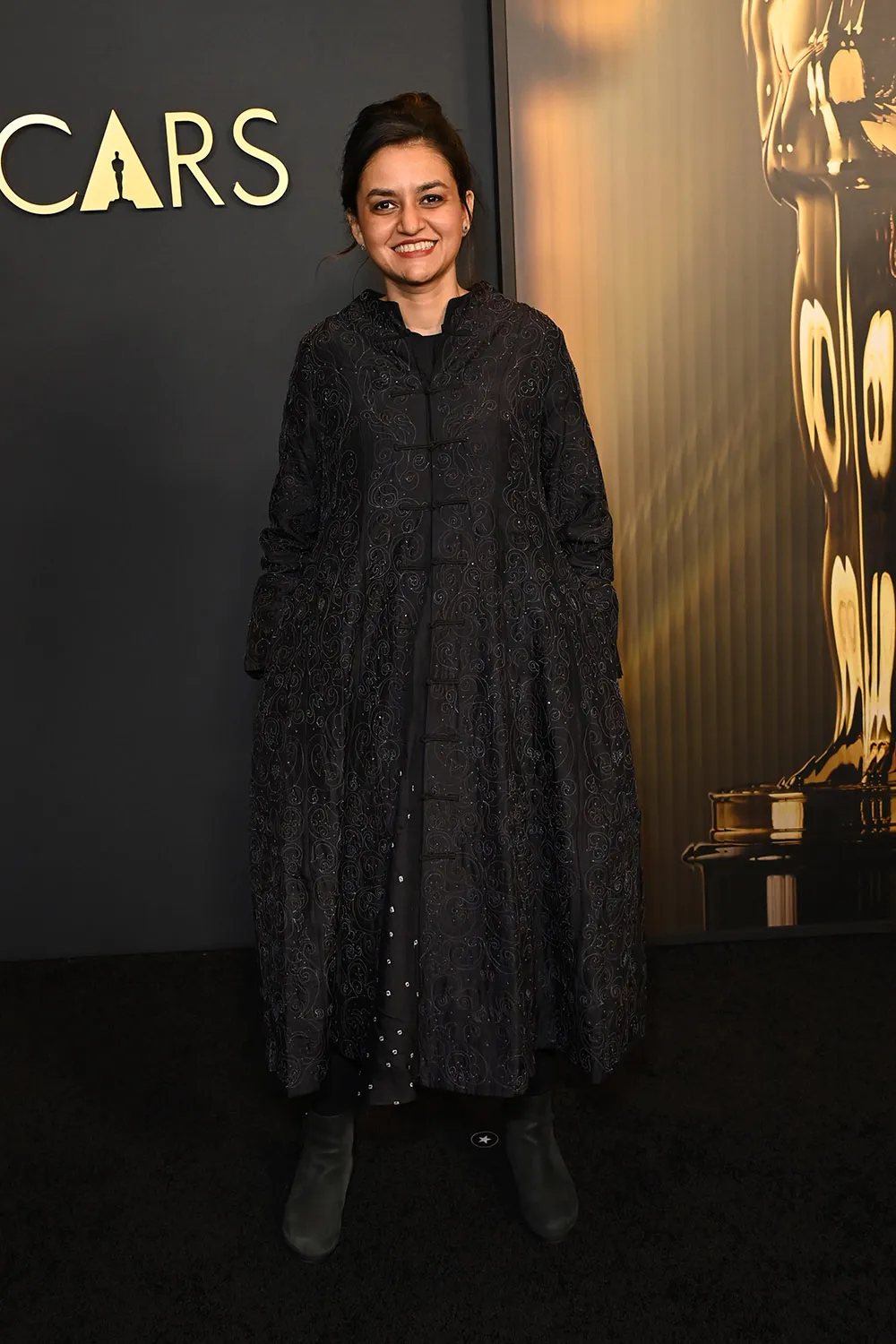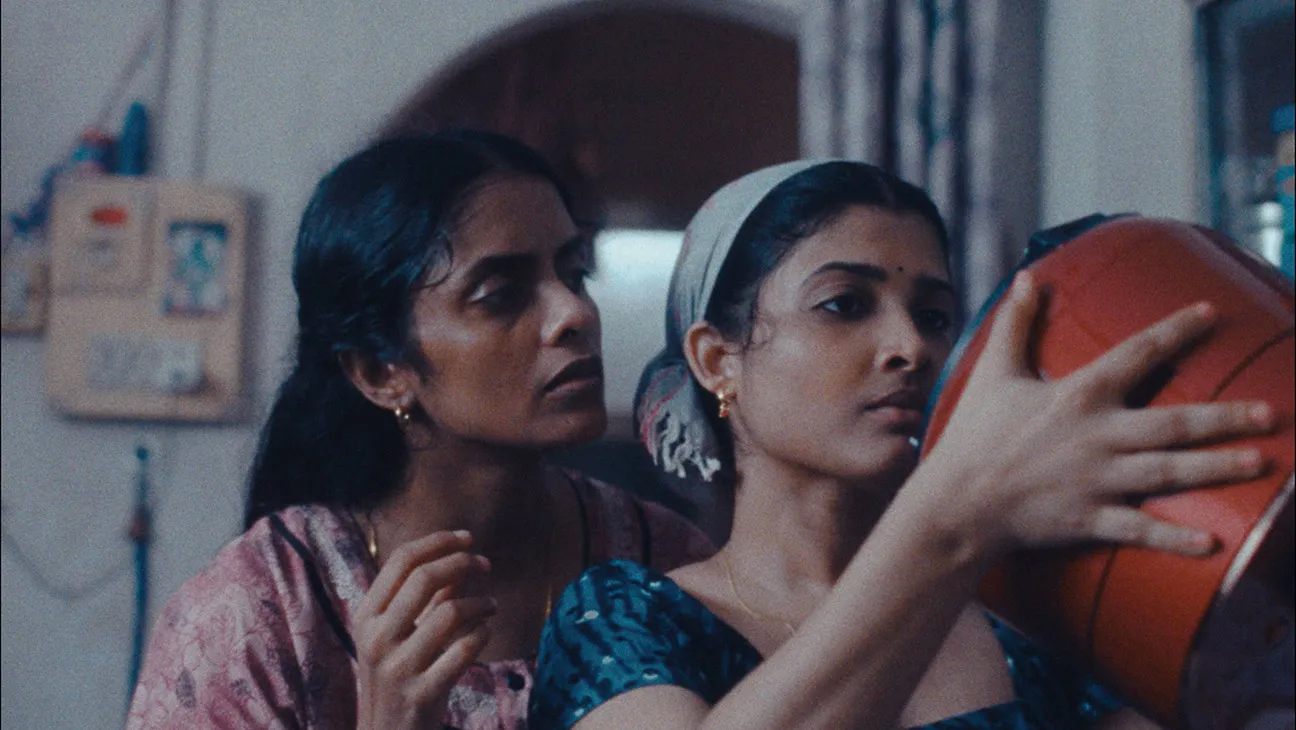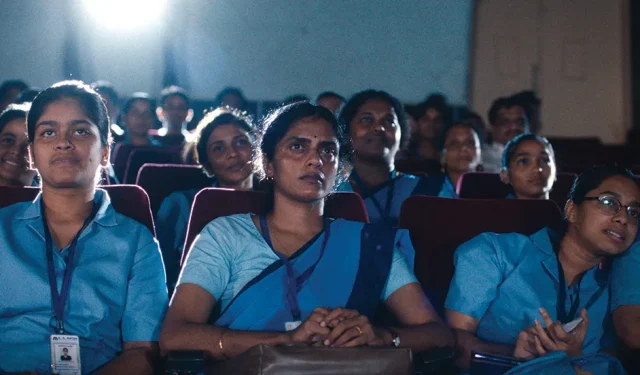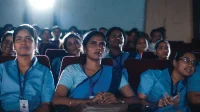Payal Kapadia Celebrates Success and Looks Ahead to New Film Projects
Indian filmmaker Payal Kapadia recently achieved another prestigious milestone with her critically acclaimed drama, All We Imagine as Light. The film, which explores the lives of three working women in Mumbai, was awarded Best Picture at the 18th Asia Film Awards held in Hong Kong on March 16. This honor wraps up a remarkable promotional campaign and accolades stretch that began with the film receiving the Grand Prix at the 2024 Cannes Film Festival. Along the way, it garnered a Golden Globe nomination, stirred significant controversy in the Oscars race in India, and reached an unprecedented wide release in over 50 countries, showcasing the potential of low-budget, independently financed Indian films.
New Beginnings for Kapadia
With the success of All We Imagine as Light behind her, Kapadia is now poised to embark on new creative ventures. She shared her plans for two additional films that will complement her recent work, describing them as a “triptych” rather than a trilogy, as each will tell distinct stories within the vibrant backdrop of Mumbai.
“I have two new films in mind,” Kapadia explained in an interview with The Hollywood Reporter. “Together with All We Imagine as Light, they will form like a triptych. Not a trilogy, because that would imply that they are a connected story. They will be different pieces, all set in Mumbai.”
Capturing Life Through a Poetic Lens
Kapadia’s distinctive style, rooted in her documentary filmmaking background, will continue to influence her new projects. Much of All We Imagine as Light was filmed in a cinéma vérité style on the bustling streets of Mumbai, seamlessly integrating the city’s vibrant atmosphere with the inner struggles of its characters. This technique not only enhances authenticity but also deepens the audience’s emotional connection to the narrative.
“So much of my style comes from my process,” Kapadia noted. “For All We Imagine as Light, it was about going out into the street to shoot even while I was writing the script. I would shoot a lot of footage with a little camera and then go back to writing. I use the camera as I’m doing my research, and that shapes the form and what comes into the film.”

Exploring Women’s Stories in Urban India
The narrative richness of All We Imagine as Light stems from the interconnected lives of its three female protagonists, each navigating unique challenges in Mumbai. The film chronicles a head nurse longing for her husband in Germany, her adventurous roommate involved in a socially taboo romantic relationship, and a devout cook facing eviction due to urban development pressures.
Kapadia emphasizes her dedication to portraying women’s experiences in a cosmopolitan city like Mumbai. She explains, “I’m always interested in [how] Mumbai is a very accepting space for people from all over our country to come to live and work — especially from a woman’s point of view, because it’s not always easy for a woman to live alone in many parts of our country.”
Musical Evolution in Future Projects
Anticipation for Kapadia’s upcoming films is heightened by her intention to incorporate more music in innovative ways. She aims to enhance the narrative dimension of the soundtrack, making it integral to the storytelling process.
“I really enjoyed using music more in this film, and I now want to go even further and use music more narratively, like having it be part of the story in some way — where it’s not just helping the mise en scene, but has a narrative function,” she expressed.

Future Endeavors and Creative Integrity
Kapadia’s recent success is likely to ease the financial challenges typically associated with indie filmmaking. However, she remains steadfast in prioritizing her artistic vision. “I’m pretty stubborn, so we’ll see. I prefer to stay true to the core of a film than to make concessions to some external forces,” she remarked with a laugh.
As she prepares for the next chapter of her filmmaking journey, she recognizes the learning curve inherent in crafting meaningful cinema. “It’s such a long process to make movies like this, so I think every time I’m going to learn something — and I’m just trying to stay totally open to what the next experience gives me,” she concluded.


